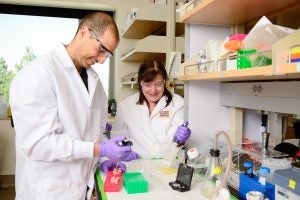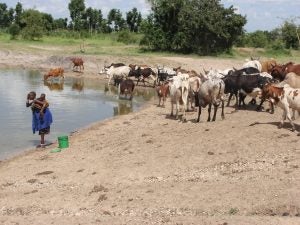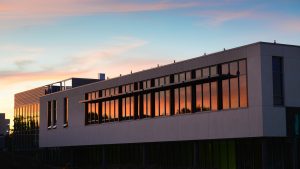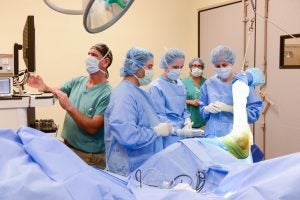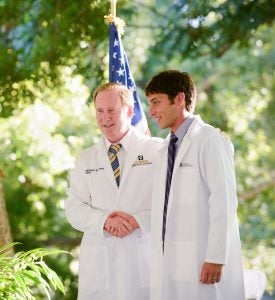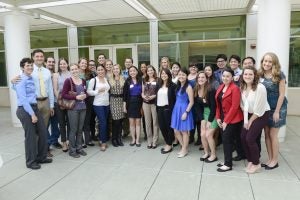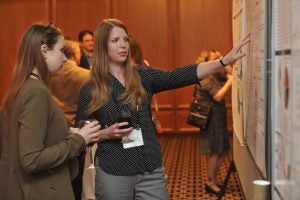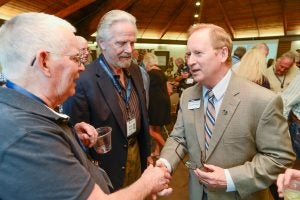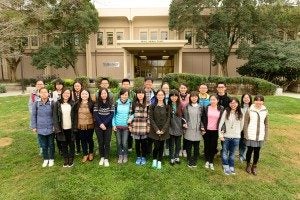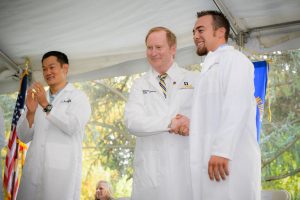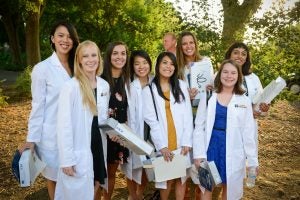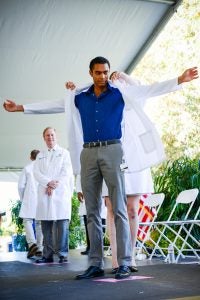“You must look within for value, but must look beyond for perspective.”- Denis Waitley
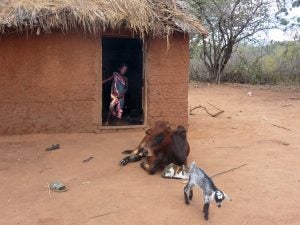
The Health for Animals and Livelihood Improvement (HALI) Project is a collaborative research and capacity building program investigating health at human-animal-environment interfaces in Tanzania.
Recently, I was privileged to be an invited speaker at the American Veterinary Medical Association’s Global Food Security Summit: Understanding the Role of Animal Health and Well Being in Washington D.C. The summit participants included a diverse group of organizations discussing the positive benefits of public and private stakeholder partnerships and the veterinary community to promote and enhance global food security. Among other goals, the summit defined the role of animal source foods in enhancing global food security and described ways to improve animal health to create a more secure, sustainable, safe, and nutritious food supply in areas of global food insecurity.
Participants of the summit were made aware of the stark reality that approximately 75 percent of the world’s poorest people get their food and income by farming small plots of land, and the critical role of animal-sourced proteins in the first 1000 days of life to prevent malnutrition and childhood stunting. It is relatively easy to lose perspective for the plight of the world’s poor in the developed world where food sources are taken for granted. In our daily lives, it is assumed we will have access to multiple sources of nutritious food, even though we may make poor choices in the foods we choose to eat.

